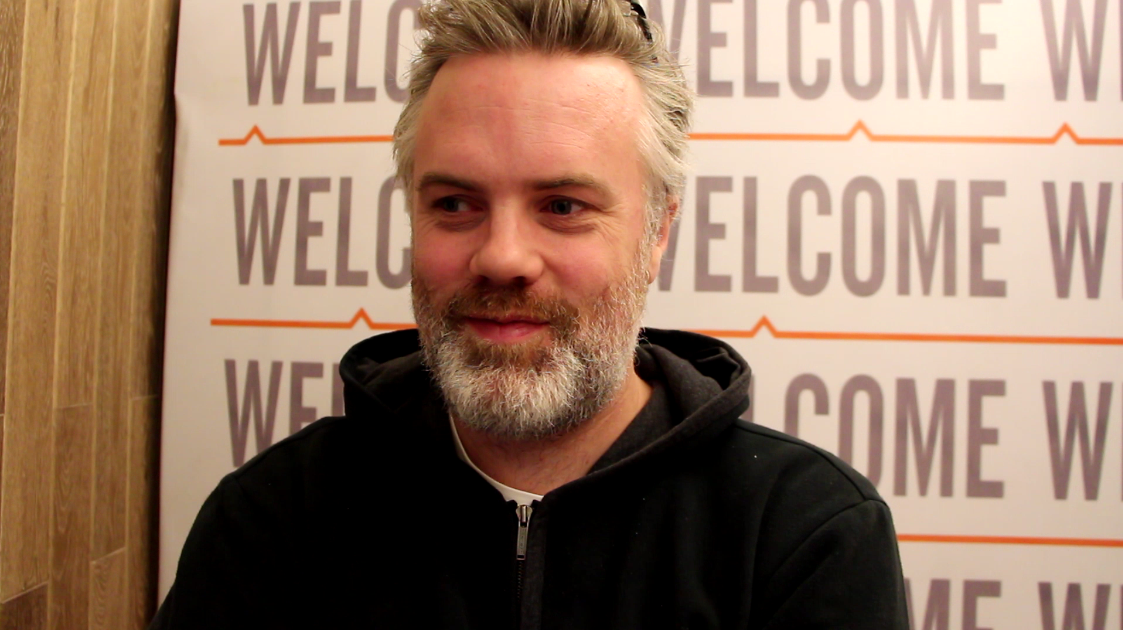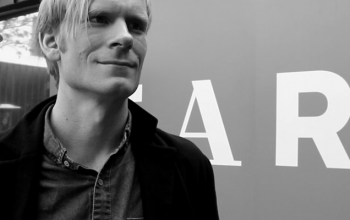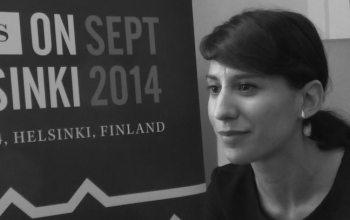Archie Hamilton is a leading independent music promoter and also a specialist in entertainment brand consultancy. EARS interviewed him to get insight into the latest developments in China’s music industry scene.
Who are you and what do you do?
My name is Archie Hamilton and I work at a company called Split Works. Split Works is kind of a hybrid model company, we promote bands first and foremost, but we also do brand consultancy. Basically we work with a lot of brands to help them reach their audience through entertainment. We also have Asian booking agencies booking acts through 12 countries in Asia and then we also have a little publishing arm, so we have Chinese web communities to talk about music in China. We started the company eight and a half years ago and we’ve been working ever since. We have both Western and Chinese artists, approximately 70 % Western and 30 % Chinese.
China is in a saturation point, there are too many promoters, tours and venues, but not enough audience and that's the problem.
How has the situation in China changed since you started Split Works?
We were one of the first professional companies to be promoters in China. When we started there were no venues, no festivals, no touring, no local bands, nothing. But now we can see elements of saturation – we are in a point where we have too many promoters, too many venues and too many tours but not enough audience and that’s the problem. We need to focus on building a base of local music fans before we can start throwing a western style of business model at them.
What kind of music do people like the most in China?
They like Chinese pop mostly. Everything else is kind of grouped in smaller categories. The Chinese ear likes softer and more relaxed music, folk for example. Also music that doesn’t include the language or where the language isn’t that important, for example post-rock, post-punk. Electronic music is also getting more and more popular. But as the language is such a big issue, anything that is language specific and international is hard to sell.
Do you work in other countries in Asia besides China?
We work as a promoter in China but we have an agency where we run tours through the rest of the continent. We work with local promoters in each of the other countries. So we don’t do promoting in other countries.
Could to tells us about the recent projects that you have been involved?
We have a big arts festival which is six years old. It happens in March every year. Last year we did about 150 events in 2 weeks across two cities and worked with all sorts of artists and non-music such as spoken word, fine and contemporary art and all kind of staff. We also did a tour for Godspeed You! Black Emperor, that was pretty amazing. It’s a Canadian post-rock band, one of the most politically vital bands for the past 20 years. We also did a big Chinese folk festival for Guinness in November. We have a three year deal with Guinness to push collaboration with Chinese folk music. We also did a big campaign for Adidas, Tuborg and Wolkswagen lately.
First we have to get people to experience what live music is all about before we can start selling them high class tickets to bigger shows.
You mentioned about the difficulties to get enough audience to concerts and events. Do you have any answer to that?
I think it’s all about the pricing. We price all of our concerts as cheaply as we can. Often we do it by making no money for our business. We invest all of our time in to the projects, which is why we need to work with the brands – they make up the losses we make with music. If 99,99 % of people have never been to a live event of any kind in China, we need to get them in first at the ground floor. We need to give them something that’s priced to a level that doesn’t stop them from taking a risk.
One of the reasons why some big shows that come here do so badly in terms of numbers is because their prize is too high generally. An average big show costs one hundred dollars, in here that is a quarter of the month’s salary to an average 22-25 year old. It’s typical international business that companies bring their business model, prices and formats rather than localizing. What we try to do is the complete opposite, we are building up from grassroots level, that’s what we have to do. We have to get people in the door first to experience what live music is all about before we can start selling them high class tickets to bigger shows.






